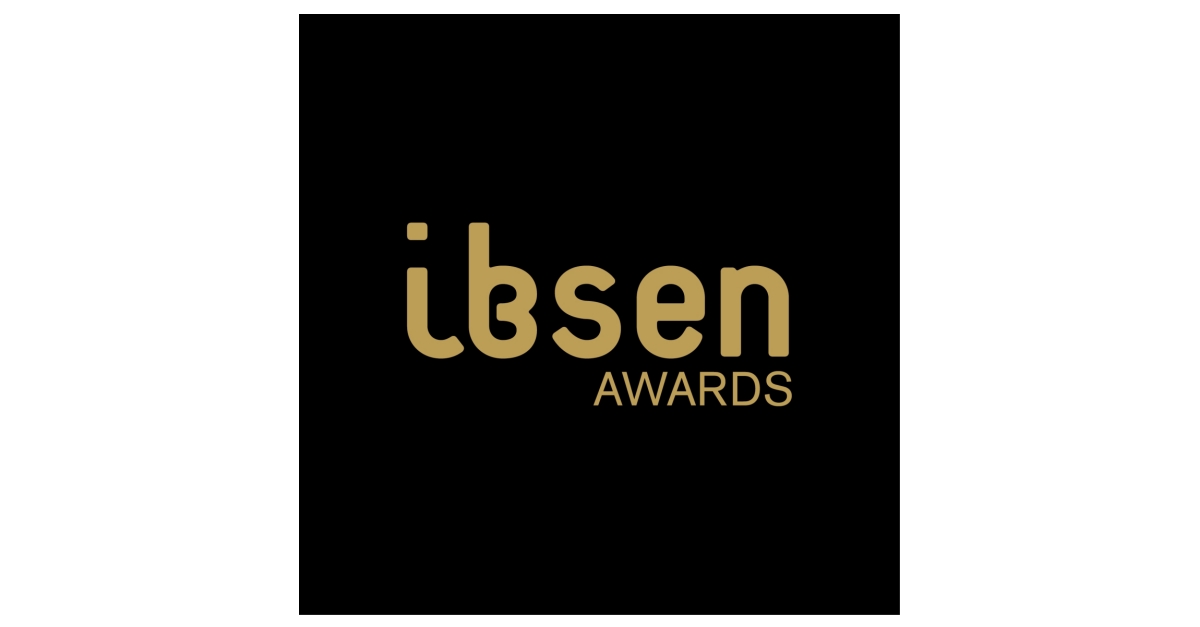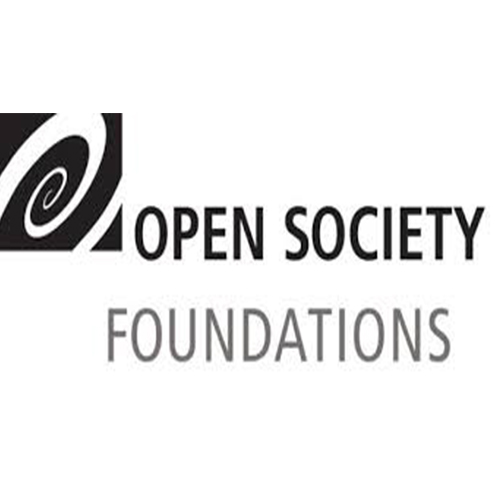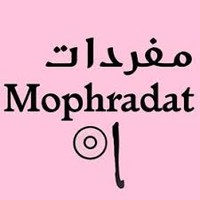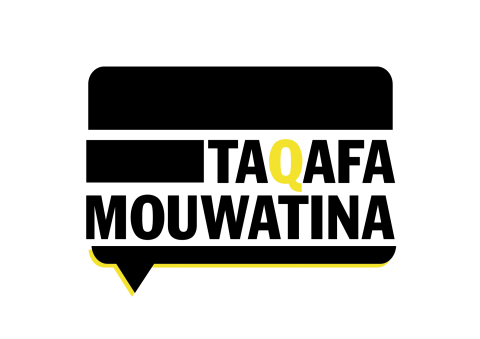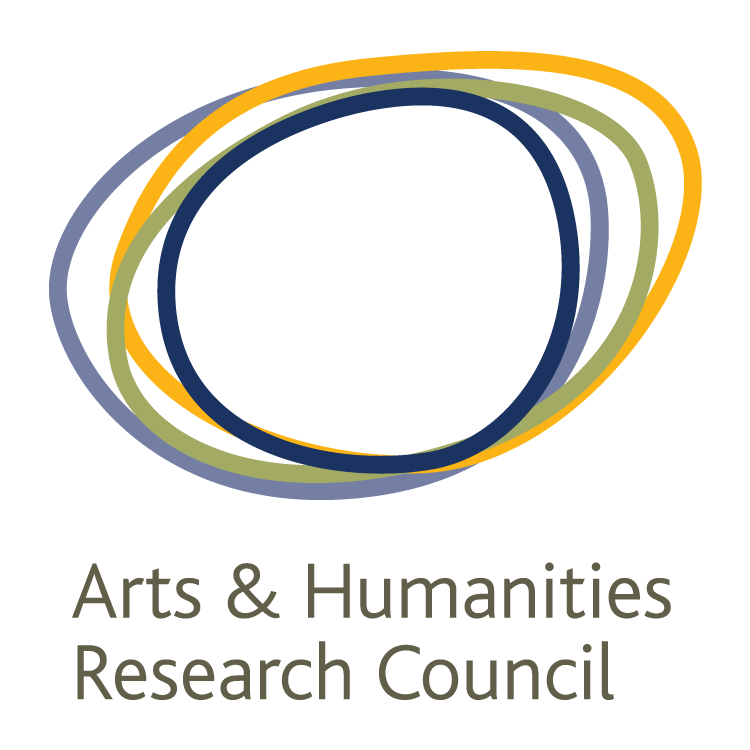Scholarships are awarded innovative performing arts projects that contribute to a critical discourse on existential and/or society related matters. International Ibsen Scholarships were initiated in 2007 by the Norwegian government and handed out for the first time in 2008. The statutes below were determined by the Norwegian Ministry of Cultural Affairs on January 16th 2016.
The project description must hold:
Project title.
A detailed description of the project.
A description on how the project contributes to a critical discourse (statute 2).
For statutes and other details, see here.
Mandatory attachments:
A detailed project description.
A detailed budget and a finance plan. Budget estimate must be in Euro or USD.
A detailed project time line.
Cv of project participants.
The application must be written in English.
All spaces marked with * must be filled in.
STATUTES
International Ibsen Scholarships were initiated in 2007 by the Norwegian government and handed out for the first time in 2008.
The statutes below were determined by the Norwegian Ministry of Cultural Affairs on January 16th 2016.
Statutes of the International Ibsen Scholarships
1. The International Ibsen Scholarships were estabilshed by the Norwegian parliament in relation to central gouvernment budget for the fiscal year of 2007. The Ministry of Cultural Affairs administers the funds.
2. Scholarships are awarded to individuals, organizations or institutions.
Scholarships are awarded innovative projects in the field of drama and performing arts that act as incentives for critical discourse in regards to existential and society-related matters concerning Henrik Ibsen.
3. In cooperation with Teater Ibsen, the Norwegian Ministry of Cultural Affairs appoints a jury responsible for awarding the scholarships. Jury members are appointed for four years. The jury members can be reappointed.
4. The presentation of the scholarships is an integral part of Skien International Ibsen Conference.
5. Scholarships are awarded based on a written application, which should arrive no later than the predetermined deadline, and which must abide by the rules set for the application procedure.
6. Teater Ibsen administers the scholarships and facilitated the jury’s work.
7. The manner, in which public funds are used, is annuallu reported to the Norwegian Ministry of Cultural Affairs.
ANNOUNCEMENT 2019
Ibsen Awards offers funding of theatre performances world-wide through the Ibsen Scholarships.
Ibsen Scholarships are awarded projects that are innovative, act as incentives for critical discourse and are based on one or more of Henrik Ibsen’s plays.
Applications are submitted electronically through this website.
Who can apply?
Individual artists, theatre companies, organizations and institutions.
The scholarship program amount to a total of NOK 2.000.000,-. (Approx. Euro 202.000,- /USD 229.000,-).
The Ibsen Scholarships are awarded biennially and the applications are subject to scrutiny by an appointed jury.
The Ibsen Scholarships were initiated by the Norwegian government and will be handed out for the 10th time in 2019.
Ibsen Awards has until now awarded 34 scholarships in 24 different countries.
The application deadline for the Ibsen Scholarships is April 30th 2019.
The winners of the Ibsen Scholarships 2019 will be presented at the Ibsen Awards Festival October 23. and 24. at Teater Ibsen in Skien, Norway.
